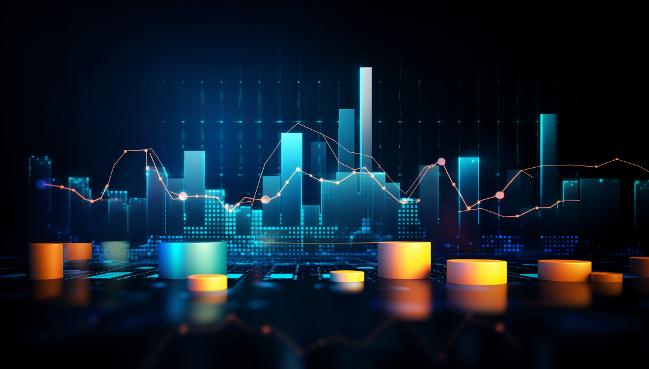Proceeding against Microsoft

With Windows and its Office suite, Microsoft has always had a very strong position with regard to operating systems and office applications. Based on this, the company has continuously expanded its product range both for business customers and private users. More recently, the cloud services Azure and OneDrive, which are often linked to other Microsoft applications, have become increasingly important. Teams, Microsoft’s video conferencing and collaboration software, has become a huge success over the past few years. The company is also active in other areas, such as gaming (Xbox), notably also through its acquisition of the computer and video games group Activision Blizzard, and in the fields of professional network services (LinkedIn) and internet search services (Bing search engine). Most recently it has attracted attention with the integration of AI applications and its partnership with OpenAI, the company behind the AI software ChatGPT.
In September 2024 the Bundeskartellamt has determined that Microsoft is an undertaking of paramount significance for competition across markets (see decision (in German) and case summary below). Microsoft and its subsidiaries are thus subject to extended abuse control pursuant to Section 19a of the German Competition Act (Gesetz gegen Wettbewerbsbeschränkungen – GWB). Based on this provision, the Bundeskartellamt can prohibit companies which have such positions of power from engaging in anti-competitive practices. This decision does not yet involve an assessment of Microsoft’s specific conduct.



